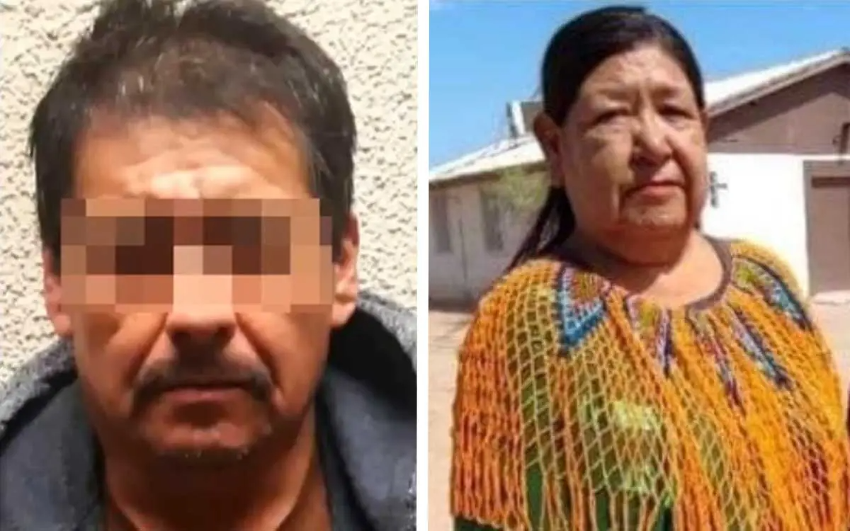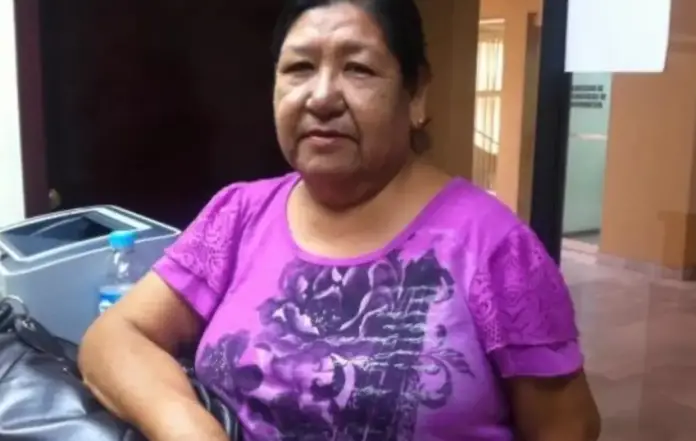The Sonora Attorney General’s Office (FGJES) has ruled that the former romantic partner of Indigenous leader Aronia Wilson Tambo will stand trial for her murder.
The FGJES has now determined that there is enough evidence to charge Jorge Santiago “N” for the killing of Wilson, who was found beaten to death at her home in Pozas de Arvizu, San Luis Río Colorado, on Jan. 9.

Wilson, 64, was the traditional governor of the 350-strong Cucapá community, native to the border regions of Sonora, Baja California and Arizona. She was also one of the last surviving native speakers of the Cucapá language.
Her body was found covered in garments that had been set on fire, suggesting the killer had tried to destroy evidence of a crime. The FGJES was quick to rule out the possibility that she had been killed because of her political activity, saying that the evidence instead pointed to her inner circle.
Jorge Santiago “N” was arrested and placed in pre-trial detention shortly after the murder. The FGJES has said that it will seek the maximum penalty against him for aggravated femicide, which according to the Sonoran Penal Code is 78 years in prison.
In 2012, Wilson became the first woman to serve as traditional governor of the Cucapá community. Since then, she has been active in protesting the U.S.-Mexico border wall, which the Cucapá fear will prevent the free movement of their people through their ancestral lands.
The Cucapá, who call themselves the Es’pei, are a historically clan-based society of nomadic hunter-gatherers. They were gradually forced into a more sedentary and geographically restricted lifestyle following the Spanish conquest, the establishment of the U.S.-Mexico border, and successive agrarian reforms.
Today, the community is reduced to around 25 families, centered around the towns of Cucapá Mestizo, Colonia La Puerta, Colonia Rentería, Campo Flores, Cucapá El Mayor, Campo del Prado, and Rancho San Pedro.
Following her death, members of her community and Indigenous groups across Mexico paid tribute to Wilson, praising her key role in defending the endangered Cucapá culture and language.
With reports from Sin Embargo
